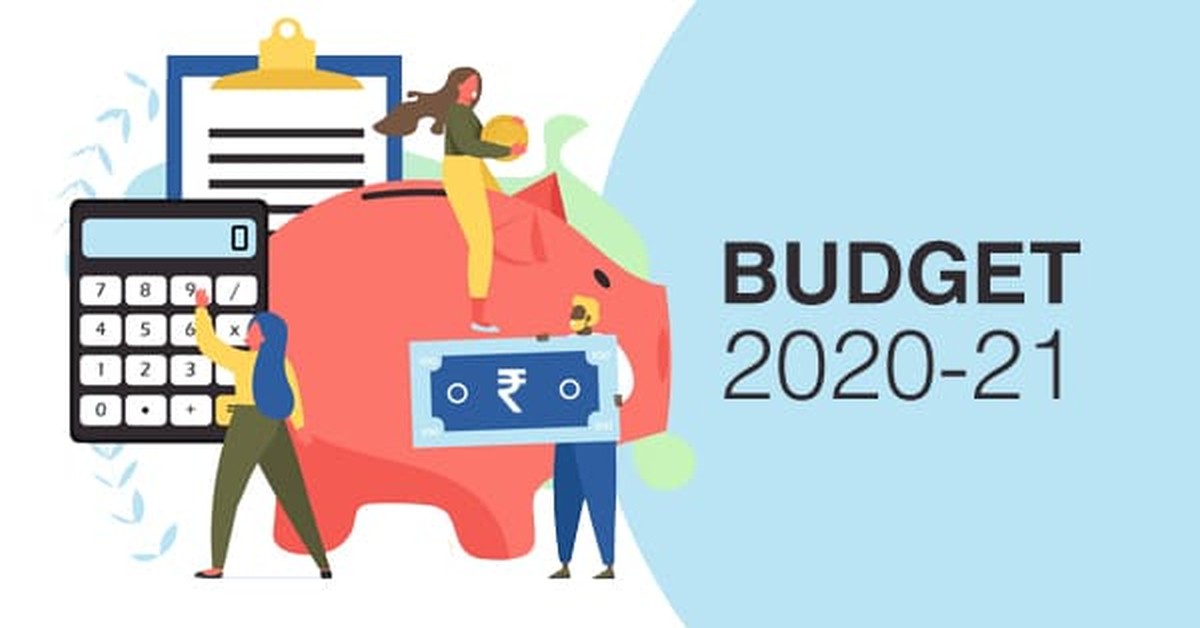11
Blog / BUDGET 2022
« Last post by D. Saha & Co. on February 03, 2022, 03:50:01 pm »# GET TWO YEAR WINDOW TO RECTIFY YOUR RETURN :-
The Union Budget has sought to give opportunity to tax payers to rectify mistakes related to misreporting of income when filing Income Tax Return for a Financial Year. It has created a provision for allowing such taxpayers to file an updated return within Two years from the end of the relevant Assessment Year.
# 15% CAP ON SURCHARGE ON LTCG DELIGHT FOR HNIs :-
The Budget has offered tax relief to long-term investors in capital assets other than equity funds and listed stocks. The surcharge on the tax payable on long-term gains from these capital assets (property, unlisted shares, artifacts) is proposed to the capped at 15%.
# CRYPTOS TO BE TAXED AT 30% :-
Tax free run ends even Crypto gifts brought under tax net. Finally, there is some clarity on Crypto by taxing digital assets at 30%.
# PROPOSAL TO TWEAK TDS NORMS ON SALE OF IMMOVABLE PROPERTY TO CORRECT ANOMALY :-
One percent TDS will apply on a Non-Agriculture Immovable Property of over Rs. 50 Lakh on the basis of sale price or the stamp duty value, whichever is higher.
# NEW TAX DEDUCTION FOR PARENTS OF DISABLED :-
Budget 2022 has introduced a new tax benefit/deduction for the parent/guardian of a disabled person. As per the new tax sop, if the parent/guardian of a disabled person buys a savings life insurance policy with the latter as beneficiary then the parent/guardian would be eligible to deduction from gross income before tax subject to certain conditions.
# NO CHANGES IN INCOME TAX SLAB :-
a. Below 60 Years

b. Above 60-80 Years

c. Above 80 Years

The Union Budget has sought to give opportunity to tax payers to rectify mistakes related to misreporting of income when filing Income Tax Return for a Financial Year. It has created a provision for allowing such taxpayers to file an updated return within Two years from the end of the relevant Assessment Year.
# 15% CAP ON SURCHARGE ON LTCG DELIGHT FOR HNIs :-
The Budget has offered tax relief to long-term investors in capital assets other than equity funds and listed stocks. The surcharge on the tax payable on long-term gains from these capital assets (property, unlisted shares, artifacts) is proposed to the capped at 15%.
# CRYPTOS TO BE TAXED AT 30% :-
Tax free run ends even Crypto gifts brought under tax net. Finally, there is some clarity on Crypto by taxing digital assets at 30%.
# PROPOSAL TO TWEAK TDS NORMS ON SALE OF IMMOVABLE PROPERTY TO CORRECT ANOMALY :-
One percent TDS will apply on a Non-Agriculture Immovable Property of over Rs. 50 Lakh on the basis of sale price or the stamp duty value, whichever is higher.
# NEW TAX DEDUCTION FOR PARENTS OF DISABLED :-
Budget 2022 has introduced a new tax benefit/deduction for the parent/guardian of a disabled person. As per the new tax sop, if the parent/guardian of a disabled person buys a savings life insurance policy with the latter as beneficiary then the parent/guardian would be eligible to deduction from gross income before tax subject to certain conditions.
# NO CHANGES IN INCOME TAX SLAB :-
a. Below 60 Years

b. Above 60-80 Years

c. Above 80 Years


 Recent Posts
Recent Posts
 - CARL SANDBURG (American Poet & Journalist)
- CARL SANDBURG (American Poet & Journalist) 
